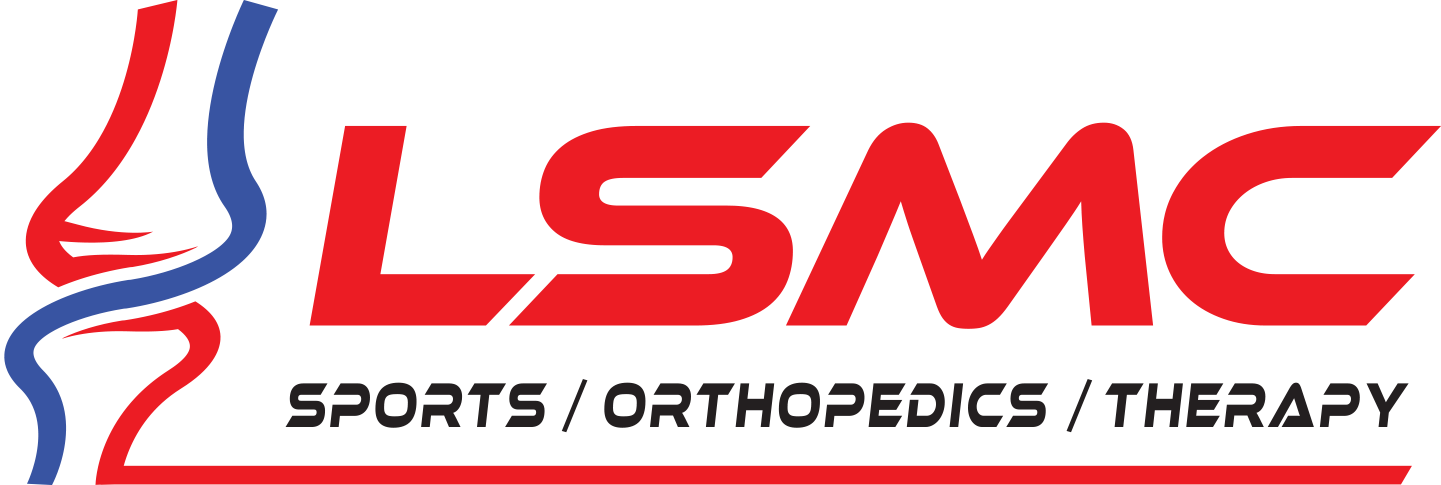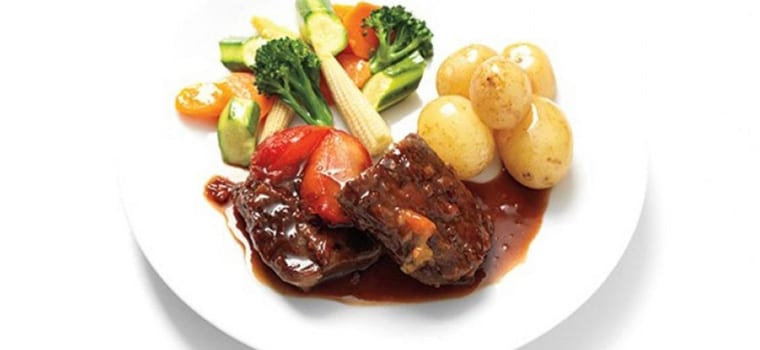If you’ve strained, pulled, torn or otherwise injured a muscle, eating foods high in certain nutrients may help you heal more quickly. An injured muscle may cause bruising on your skin, muscle soreness, cramps or spasms, stiff muscles, swelling or pain or a grating feeling when you use your muscle. Getting enough protein, vitamin C, vitamin A and zinc may help your muscles heal and get you back in the game faster.
Protein-Rich Foods
Amino acids are the building blocks for muscle protein in your body. They’re needed to regenerate damaged tissues and strengthen areas where injuries have occurred. To increase your intake of amino acids, eat more protein-rich foods, such as beef, pork, chicken, turkey, seafood, eggs, milk, yogurt and cheese. Choose low-fat and lean versions to avoid excess fat intake. Vegetarian foods such as beans, nuts, seeds, tofu and nondairy milk also help boost your amino acid intake. If you can’t get enough protein from whole foods alone, consider consuming a protein powder supplement.
Good Sources of Vitamin C
You’ll also want to focus on getting enough vitamin C to heal an injured muscle. Vitamin C is an antioxidant vitamin that helps reduce inflammation after an injury. It’s also needed for protein metabolism and formation of collagen, an essential connective tissue in the body. To increase your vitamin C intake, eat more bell peppers, citrus fruits, strawberries, potatoes, broccoli, Brussels sprouts, tomatoes, cantaloupe, cabbage and spinach. Consider cutting up these fruits and vegetables to eat as snacks or serve them as a side to lunch or dinner.
Vitamin A
Another beneficial nutrient for muscle healing is vitamin A. It’s needed for cell formation and differentiation. Vitamin A also functions as an antioxidant helping to combat swelling in your injured muscle. You can get more of this vitamin by increasing your intake of yellow and orange fruits and vegetables, such as sweet potatoes, squash, carrots, cantaloupe, mangoes and apricots; dark green leafy vegetables, such as kale, chard and spinach; fortified breakfast cereals; dairy products; salmon; tuna; and eggs.
Zinc Sources
You’ll also want to focus on the mineral zinc when nursing an injured muscle back to health. According to a 2003 article in the journal “Alternative Medicine Review,” zinc is required for roughly 300 enzymes reactions in your body including DNA formation, cell division and protein synthesis, which are essential to proper healing of your muscle. Zinc is typically found in high-protein foods. So you should get enough if you’re consuming enough protein. Seafood such as oysters, crab and lobster, beef, pork, chicken, beans, dairy products, nuts and fortified breakfast cereals are the best sources of zinc.









